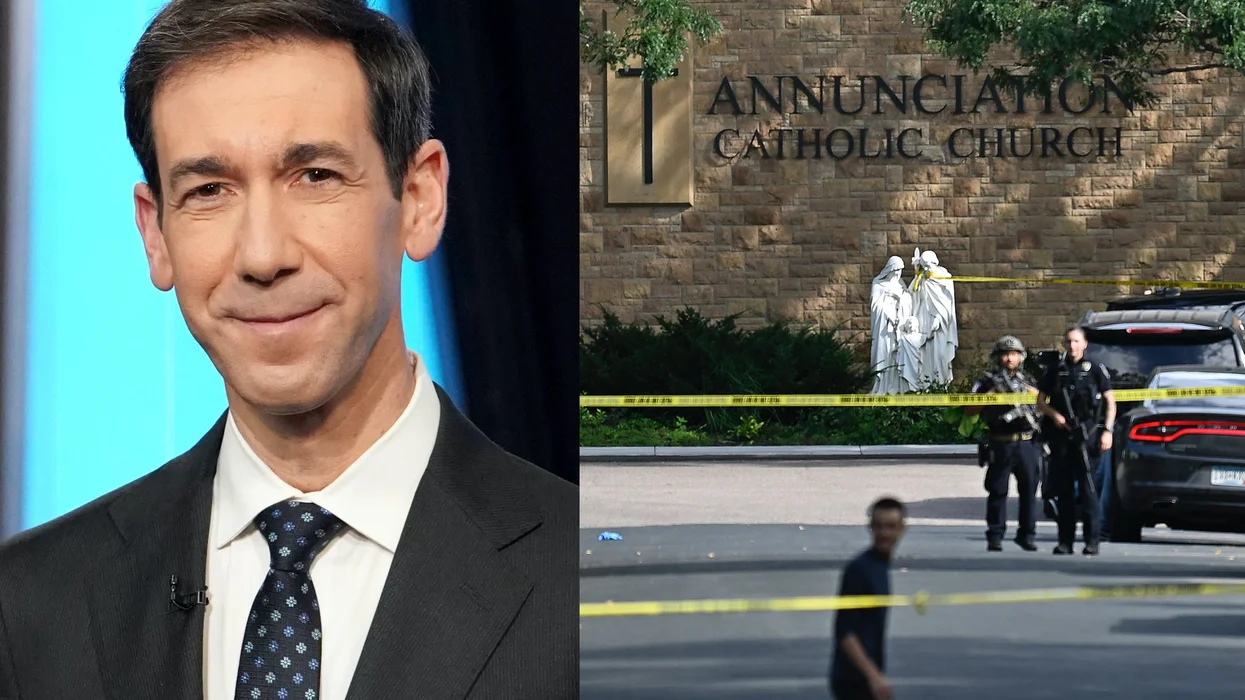Rep. Mel Watt (D-N.C.), who on Monday will be sworn in as director of the Federal Housing Financial Agency (FHFA), once boasted of a program he pushed to allow more mortgage loans to welfare recipients who could make a down payment of as little as $1,000 toward a loan guaranteed by government sponsored enterprise (GSE) Freddie Mac.
 ILE - This May 1, 2013 file photo shows Federal Housing Finance Authority Director nominee Rep. Mel Watt, D-N.C., listening as President Barack Obama announces Watt's nomination in the State Dining Room of the White House in Washington. Democrats have used the Senate's newly eased filibuster procedures to clear the way for confirmation of the man President Barack Obama wants to become a top housing regulator. The Senate voted 57-40 to end a Republican filibuster against Watt. (AP Photo/Jacquelyn Martin, File)
ILE - This May 1, 2013 file photo shows Federal Housing Finance Authority Director nominee Rep. Mel Watt, D-N.C., listening as President Barack Obama announces Watt's nomination in the State Dining Room of the White House in Washington. Democrats have used the Senate's newly eased filibuster procedures to clear the way for confirmation of the man President Barack Obama wants to become a top housing regulator. The Senate voted 57-40 to end a Republican filibuster against Watt. (AP Photo/Jacquelyn Martin, File)
That was a little over five years before the housing bubble bust, which was led largely by irresponsible lending guaranteed by Freddie Mac and Fannie Mae.
The Federal Housing Financial Agency (FHFA) runs both Freddie and Fannie. Vice President Joe Biden is scheduled to swear him in at 3 p.m.
Watt, who supported several of the policies that led to the last housing crisis of 2008, also led the strongest opposition to a bipartisan 2010 proposal to subject the Federal Reserve to an audit by the Government Accountability Office, the same as every government agency is subjected to.
His confirmation to run Fannie and Freddie came after Senate Democrats changed the rules to overcome a Republican filibuster to block it. The filibusters came despite support for Watt from banks and realtors, said John Berlau, senior fellow for finance and access to capital at the Competitive Enterprise Institute, a free market think tank.
“The filibuster shows that the influence of the grassroots nationally and their concerns about him,” Berlau told TheBlaze. “He would have gone further than the Community Reinvestment Act. He wanted to make home loans to welfare recipients, with minimum down payments, forcing Fannie and Freddie to back up those loans.”
In October 2002, Watt announced public-private partnership called “Pathways to Homeownership” designed to help welfare-to-work program participants buy homes with minimal down payments.
"Pathways to Homeownership is an innovative approach for getting families who are moving from welfare to work into their own home," Watt said at the time. "I want to thank Freddie Mac and their local partners for developing this collaborative effort aimed at helping Charlotte residents realize the dream of homeownership."
Watt supported other policies to promote home loans in abundance often to those least able to pay them back -- expanding mortgage insurance, government grants for mortgages and more tax credits -- with the end goal of increasing the number of homebuyers without regard to potential future consequences. He is also expected to support potential abuse of eminent domain property seizures, TheBlaze Magazine reports.
In 2003, the Bush administration proposed increased oversight of Fannie and Freddie to shield the two GSEs from potential problems of subprime lending. Watt and Rep. Barney Frank (D-Mass.) led the effort to successfully block the Bush reform.
In 2007, when the real estate market was beginning to decline after the housing boom, Watt again teamed with Frank on a bill to force Fannie and Freddie to make more loans for inner city communities through an “Affordable Housing Fund.”
During the debate over Dodd-Frank financial reform legislation, which was presented as an effort to prevent another financial crisis, a left-right coalition led by Rep. Ron Paul (R-Texas) and Sen. Bernie Sanders (I-Vt.) backed an amendment to audit the Federal Reserve.
Watt – whose top campaign contributors benefited most from Fed'sincreased money printing—led opposition to the increased transparency for the Fed, reported the Economic Policy Journal.
The industries that contributed most to his campaign in the 2008 and 2010 election cycles were commercial banks, securities and investment industry and lawyers, according to the Center for Responsive Politics. In the 2012 election cycle the entertainment industry and insurance industry joined commercial banks and securities among top contributors to Watt's reelection.
(This story was updated to reflect that Vice President Joe Biden is scheduled to swear in Watt at 3 p.m. Monday.)
–
[related]

 ILE - This May 1, 2013 file photo shows Federal Housing Finance Authority Director nominee Rep. Mel Watt, D-N.C., listening as President Barack Obama announces Watt's nomination in the State Dining Room of the White House in Washington. Democrats have used the Senate's newly eased filibuster procedures to clear the way for confirmation of the man President Barack Obama wants to become a top housing regulator. The Senate voted 57-40 to end a Republican filibuster against Watt. (AP Photo/Jacquelyn Martin, File)
ILE - This May 1, 2013 file photo shows Federal Housing Finance Authority Director nominee Rep. Mel Watt, D-N.C., listening as President Barack Obama announces Watt's nomination in the State Dining Room of the White House in Washington. Democrats have used the Senate's newly eased filibuster procedures to clear the way for confirmation of the man President Barack Obama wants to become a top housing regulator. The Senate voted 57-40 to end a Republican filibuster against Watt. (AP Photo/Jacquelyn Martin, File)





